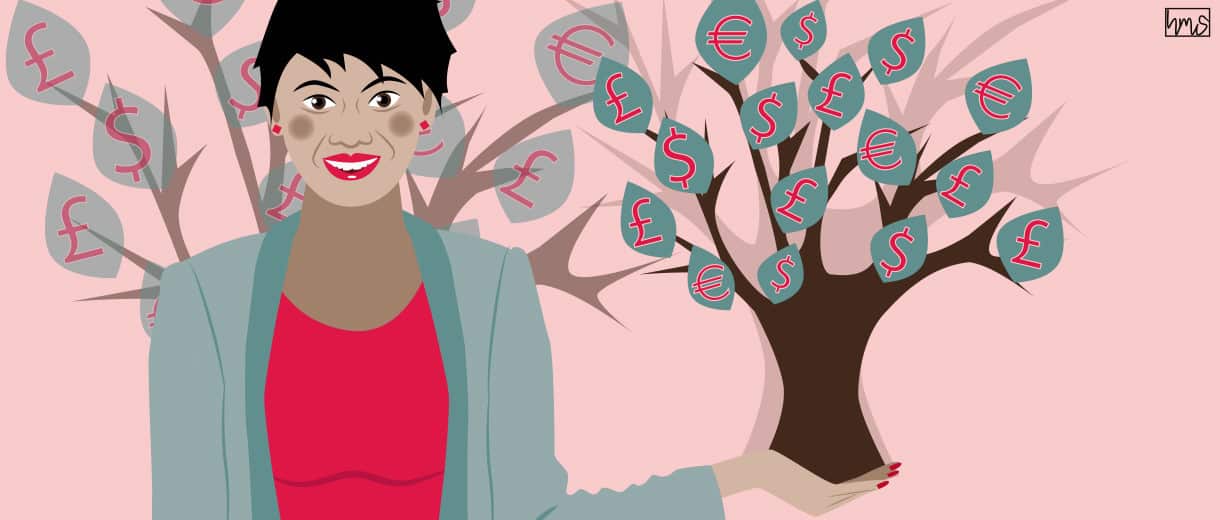3 Simple Ways To Boost Your Savings In Lockdown
Cash flow is on everyone’s mind during this crisis. Yes, lockdown may have completely changed our daily routine, but without pub trips, meals out, cinema expeditions, and the daily commute, it can be looked at an opportunity to stay at home and save money. Don’t let emotional money triggers bubble up!
Review Monthly Subscriptions
Are you paying multiple monthly fees for subscription services such as streaming video, audio or grocery delivery? If so, you could save money by using a bundled service instead. First, grab a cup of your favourite beverage and pull 2 – 3 months of bank statements. Highlight all your subscription services.
If you can combine services, such as with Amazon Prime that has video, music and free shipping, you can potentially save up to 50%, which can be used to pay the Prime membership for the following year, another bill, credit card or invest it.
Next, cancel any subscription you do not use. If they are essential, see if there is a lower-priced or free option you can use for a while until your cash flow is more stable.
Paying Too Much for Your Phone?
If you do not have a contract with your cell phone provider, and you don’t need your phone for work, now may be the perfect time to move to a less expensive carrier. How much of your monthly income should you allocate? Typically, around 1% of your income. Many of the less expensive carriers have a bring your phone option, so there’s no need to purchase a new phone. The transfer process from one carrier to the other usually takes less than a day.
Review Your Utilities
Does your local utility company offer budgeted billing? This is a service that analyzes your past usage and averages the bill to create a fixed monthly amount. When you move, you may owe more or less depending on your usage. It’s a great option if you live in a climate that has extreme winter or summer temperatures as it makes monthly budgeting throughout the year much simpler.
Reduce Grocery Costs
Meal planning is always a great way to keep costs down as it helps to avoid overspending. Prepare foods that can be used for two or three different meals. For example, the leftovers from a plain pasta with sauce dish one night can become a pasta/tomato stew or soup with vegetables for the next night.
Use free grocery delivery whenever possible. Many supermarket chains either have their own delivery service or work with a company that will deliver for them. Check online to see what works best for your local area. You’ll not only save time and gas, but you’ll also be able to see product availability directly online. And, it helps avoid those last-minute impulse buys at the checkout stand.
You Can Still Have Your Cake and Eat it, too!
While spending wisely on food is smart, it’s important to treat yourself, too. When restaurants and cafes start opening up again, there’s nothing more enjoyable than a delicious meal and your favourite beverage. What if you allowed yourself around half of what you normally spend for eating out and invested the other half for the next three years instead? You could potentially increase your savings and investments by 10% and were still able to enjoy eating out too!
Negotiate Credit Cards and/or Personal Loans
If you haven’t already, now is a great time to call your credit card companies and see if they’re open to negotiating a lower interest rate. Why? It will reduce the interest amount on future purchases.
There isn’t a guarantee they will, but if you’ve been making payments on time, they will be more open to negotiating a lower rate to keep you as a customer. Be aware that a lower interest rate will typically not adjust retroactively, but will help you save money going forward.
If you have a personal or auto loan with a bank or credit union, consider reaching out to them about the possibility of refinancing the loan to a lower interest rate ONLY if it does not extend the life of the loan. Extending the time of the loan would mean additional interest payments and that’s what we’re trying to avoid.
During a financial crisis, every penny helps cash flow. Taking care of your money doesn’t have to be boring. Using these tips, you’ll be moving forward and taking care of your financial wellness.






